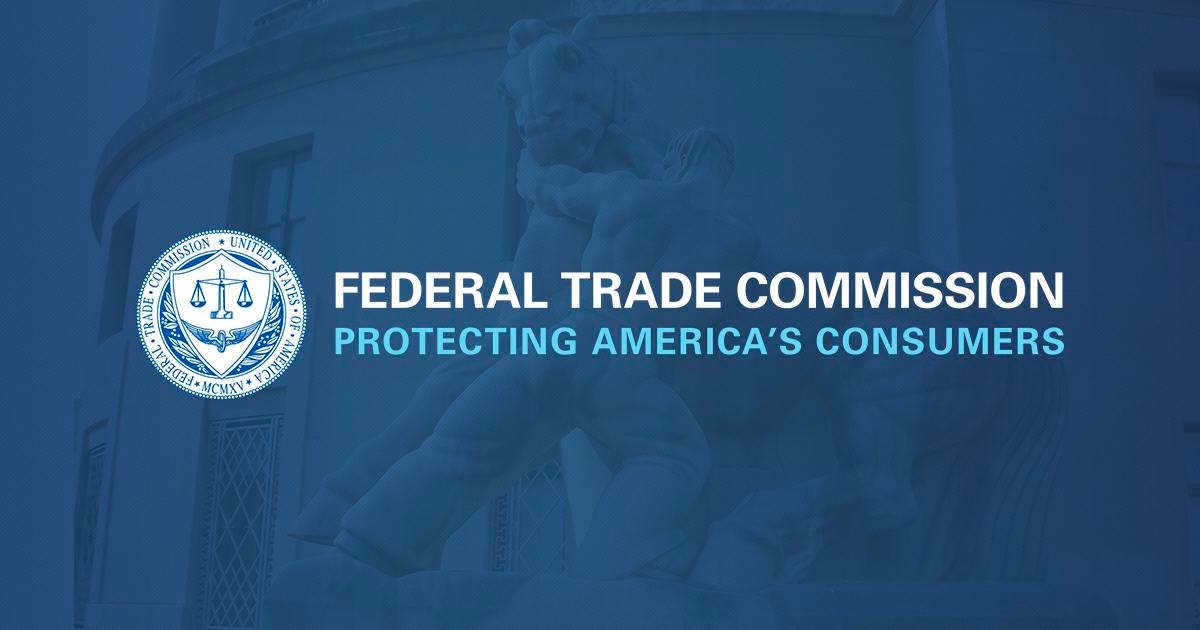FTC Warns Hundreds of Advertisers to Play It Straight
Enough already. The FTC warns companies their ads must be truthful.

Probably all of us have at some point taken pen in hand and fired off an angry missive to one company or another, roundly excoriating them for shortcomings in their products and sleights of hand in their advertising.
But few of us can match the Federal Trade Commission when it comes to sending threatening letters. The agency has just sent letters to no fewer than 670 companies, admonishing them about real or prospective advertisements making claims that can't be supported by evidence.
This is not exactly a revolutionary idea but it's one that companies seem to have trouble remembering.
“The requirement for advertisers to have adequate support for their advertising claims at the time they’re made is a bedrock principle of FTC law,” said Sam Levine, Director of the FTC’s Bureau of Consumer Protection. “The prospect of steep civil penalties will help ensure that advertisers don’t play fast and loose with the truth.”
Large civil penalties
In other words, the FTC is warning that it will not hesitate to use its authority to target violators with large civil penalties.
The cautionary notices have been sent to about 670 companies involved in the marketing of oveer-the-counter drugs, homeopathic products, dietary supplements, or functional foods. They contain stiff warnings that the agency is placing the companies on notice that they could incur significant civil penalties if they make unsupported claims.
Under FTC law, companies must back up claims about what their product can do with reliable evidence. If a company makes a claim about the health or safety benefits of a product, that claim must be based on scientific evidence. If a company claims that its product can cure, mitigate, or treat a serious disease such as cancer or heart disease, it must back up that claim through the accepted standards of scientific testing.
The agency has the authority to seek civil penalties -- up to $50,120 per violation -- against a company that engages in conduct that it knows has been found unlawful in a previous FTC administrative order, other than a consent order.
The notices outline specific unlawful acts and practices, including failing to have: 1) a reasonable basis consisting of competent and reliable evidence for objective product claims; 2) competent and reliable scientific evidence to support health or safety claims; and 3) at least one well-controlled human clinical trial to support claims that a product is effective in curing, mitigating, or treating a serious disease.
The unlawful acts or practices also include: 1) misrepresenting the level or type of substantiation for a claim, and 2) misrepresenting that a product claim has been scientifically or clinically proven.
A full list of the businesses receiving the notice from the FTC is available on the Commission’s website.
